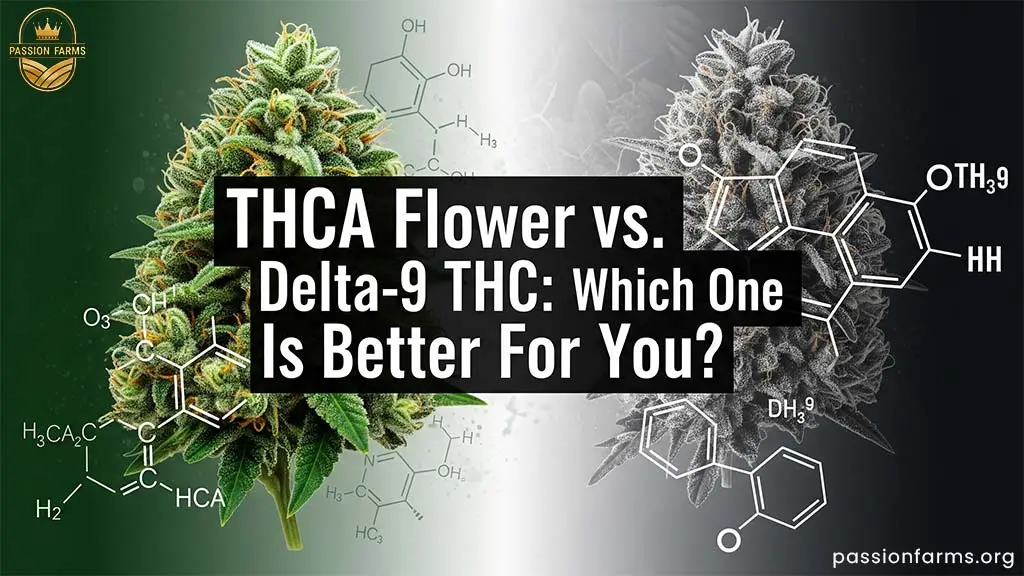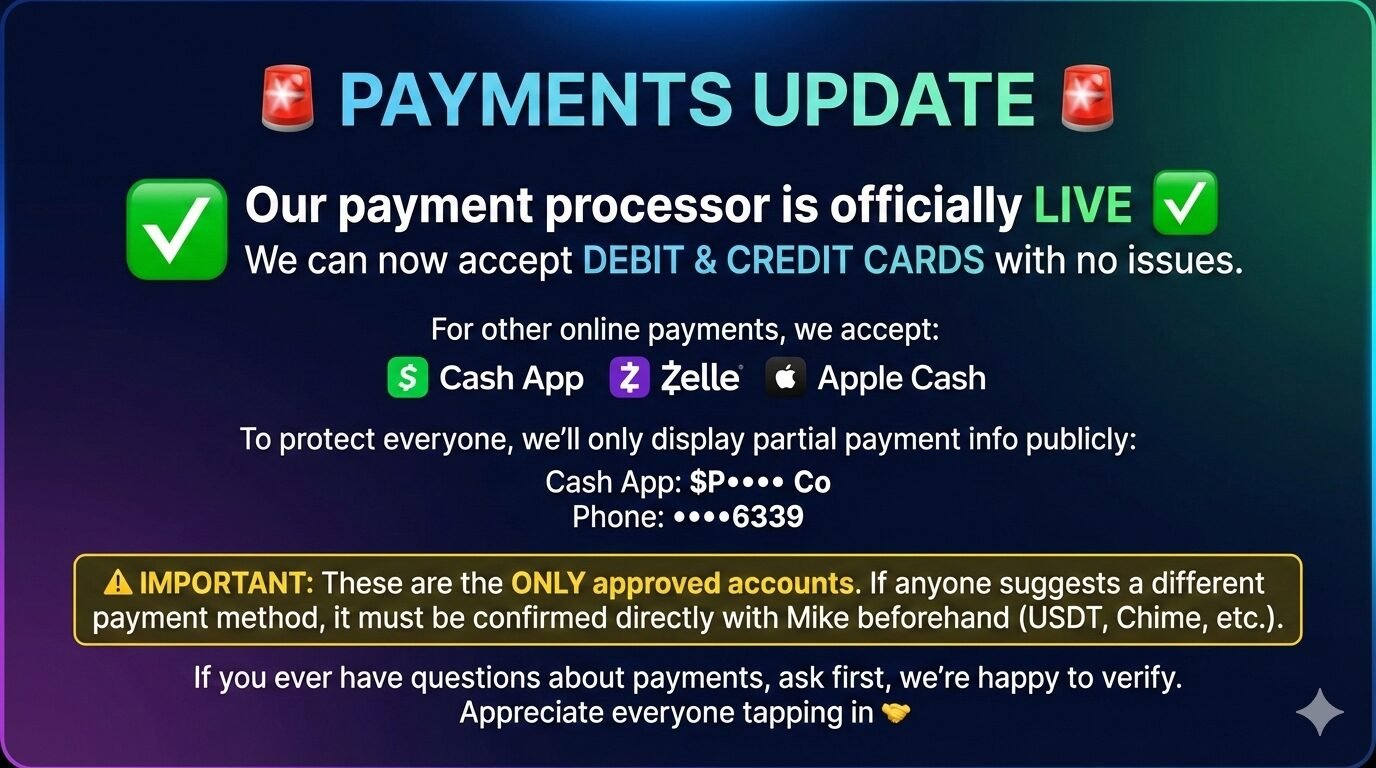There are many complexities within the cannabis space, as cannabinoids provide different effects, benefits and delivery systems for individuals. The most spoken about cannabinoids usually are THCA (Tetrahydrocannabinolic Acid), and, Delta-9 THC (Delta-9-Tetrahydrocannabinol). It is useful to understand the differences between THCA and Delta-9 THC to help guide consumers to the experience and therapeutic benefit they are striving for in a certain cannabinoid. The following article will explain the differences, and the effects between THCA and Delta-9 THC, and help guide you to the one that may be more appropriate for you.
Understanding THCA Flower
THCA is a non-psychoactive cannabinoid composed of raw, uncured cannabis plants. In a completely natural and uncured state, the cannabinoid THCA is not psychotropic and will not cause the intoxicating ‘high’ most people associate with cannabis. THCA flower can provide a spectrum of potential therapeutic benefits; however, in its raw and non-psychotropic form, it will not produce psychoactive effects.
Effects and Benefits of THCA
In its raw form, THCA has potential anti-inflammatory, neuroprotective, and antiemetic effects. Because of its potential health benefits, many users choose to eat THCA raw in their diets through juicing or smoothies. The conversion of THCA happens when THCA flower undergoes heating through smoking, vaporization or cooking, this process is called decarboxylation. When THCA is heated, it undergoes a chemical reaction which enables the THCA molecule to convert into Delta-9 THC thereby producing the psychoactive properties of the compound.
- Non-psychoactive (raw): without heat it will not have any ‘high’ feelings
- Potential therapeutic uses: anti-inflammatory, neuroprotective, antiemetic
- Converts into Delta-9 THC: psychoactive after heated.
Understanding Delta-9 THC
Delta-9 THC is the primary psychoactive compound in cannabis and is what produces the euphoric effects and altered perception when users consume the compound. Delta-9 THC produces the effects because it interacts with the body’s endocannabinoid system, with a specific interaction by binding to cannabinoid receptors in the brain and central nervous system. This is the compound that most people reference when they talk about the term ‘THC’.
Delta-9 THC Effects and Considerations
The effects of Delta-9 THC can vary greatly due to personal factors, amount, and delivery method. Common effects include euphoria, relaxation, a distorted sense of perceptions, increased appetite, and memory and coordination impairments. Most people enjoy the experience and effects of Delta-9 THC for recreational purposes or to help treat conditions like chronic pain or nausea, while some may have anxiety, panic, paranoia, or with formulated cognitive impairments.
- Psychoactive: provides the ‘high’ effect of cannabis
- Therapeutic Potential: Pain relief, appetite stimulation, nausea reduction
- Possible Side Effects: Anxiety, paranoia, and cognitive impairments
What’s the Difference Between THCA and Delta-9 THC?
The main difference between THCA and Delta-9 THC is the chemical structure and potential effect. THCA has an extra carboxyl group that makes it too bulky to bind to the cannabinoids receptors in your brain that make you feel high. Delta-9 THC has lost this carboxyl group via decarboxylation and is free to bind to these receptors and intoxicate you.
Here’s a quick comparison.
- Psychoactivity: THCA does not cause psychoactivity, and Delta-9 does.
- Form: THCA is found in raw cannabis while delta-9 is formed through the heating of THCA.
- Legal Status: The legal status of THCA can be more murky, and often falls into a grey area, since most regulations focus almost exclusively on Delta-9 THC content. Delta-9 THC is federally illegal in the United States, but is legal in many states for therapeutic and/or recreational use.
THCA vs Delta-9: which is better?
That’s really up to you! If you want the intoxicating high and recreational experience that cannabis has to offer, Delta-9 THC is the right compound for this. If you want all of the purported health benefits of cannabis and do not want to consume THC obtained from cannabis, or you want to activate that into THC yourself by “heating” it rather than consuming it or if smoking a flower is important for you, THCA flower may be the most ideal.
In the end, it is up to you: THCA flower or Delta-9 THC? It is up to personal preference, desired effects, and the legality of your area. Just be sure to start low and slow, and know your source and purity. For more info on the different cannabis compounds and their effects, or to explore our range of high-quality cannabis products, visit our website for more detailed information on specific products or book a consultation with one of our experts online to discuss your needs. You can also check out some of our other blog posts for more insights into the world of cannabis.




